

Table of contents:
The work culture in Japan is known for its unique challenges and complexities. If you're planning a new life in Japan, you need to know about:
- the long working hours,
- high levels of stress,
- and the struggle to maintain a healthy work-life balance.
These aspects of Japanese work life can have an impact on mental health and well-being. Understanding and navigating this environment is crucial for anyone working or planning to work in Japan.
1. Understanding Japan's Work Culture
1.1. The Concept of 'Gaman' in Japanese Work Ethic
The Japanese word 'gaman' (我慢) is often translated into English as the word "patience". However, a more accurate translation of gaman is "to endure" or "put up with". In fact, 'gaman' (我慢) is more than just a word, it is a social principal that is deeply ingrained in Japanese work culture.
- Gaman comes from Zen Buddhist teachings.
- IT emphasizes perseverance in the face difficulty.
- Gaman is a cultural value that shapes the way Japanese employees approach their work.
- Gaman leads to long hours and a strong sense of dedication to their companies.
- Gaman is used as a way to encourage employees under 40-years old to tolerate living on very low salaries.
"From personal experience, I can tell you that 'gaman' is often means putting up with situations that make you unhappy or work against you."
1.2. Seniority in Japanese Corporate Culture
Japanese company hierarchy and seniority is a central part of corporate culture. Promotions within a company are traditionally based on how many years a person has worked for that company. However, Japanese corporate culture is starting to change, as the traditional seniority system is showing signs of weakening. Modern Japanese start-up companies are adopting Western-style work practices.
- Known as "nenkoujyoretsu", this system places significant weight on age and years of service.
- It determines an employee's position and authority within the organization.
- Older employees receive higher levels of respect.
- Japanese companies usually fill decision-making roles solely based on seniority and number of years spent in the company.
1.3. How Does “Lifetime Employment” Affect Japanese Corporate Culture?
The concept of "lifetime employment" (shūshin koyō) has had a profound impact on Japanese corporate culture, shaping both the values and practices of companies and their employees.
Pros of Lifetime Employment
- Stability and Loyalty: Fosters a deep sense of stability and security among workers, which contributes to strong loyalty towards the company.
- Seniority-Based Promotion: Lifetime employment reinforces a seniority-based system for promotions and salary increases.
- Teamwork and Cohesion: Since employees stay with the same company for most of their careers, long-term relationships are cultivated, which results in strong teamwork and a cohesive work environment.
- Employee Development: Companies invest significantly in the training and development of their workforce under the expectation of long-term retention.
Cons of Lifetime Employment
- Resistance to Change: The long-term employment model can make it difficult for companies to adapt to rapid changes in the economy.
- Difficulty in Workforce Optimization: The lifetime employment system makes it challenging to dismiss under-performing employees. This can result in companies retaining less productive workers.
- Limited Career Mobility: The emphasis on loyalty and lifetime employment also limits career mobility for workers. Job-hopping is viewed unfavorably, and many companies prefer to hire new graduates rather than mid-career professionals.
- Generational Divide: Older employees, who have enjoyed job security and stable career progression, often hold the majority of managerial and senior positions, while younger employees face fewer opportunities for advancement.
1.3. Long Working Hours and Overtime Expectations in Japan
Long working hours and overtime expectations are common in Japanese work culture. Despite legal limits of a 40-hour workweek, many Japanese workers experience much longer hours. In fact, nearly 25% of Japanese companies expect their employees to work at least 80 hours of monthly overtime. This culture of overwork has led to the rise of 'karoshi,' or death by overwork, which remains a serious issue in Japan.
1.4. Lack of Work-Life Balance in Japanese Companies
The Japanese work ethic often prioritizes dedication to the company over personal life. This imbalance can lead to severe mental health issues and strain on family relationships. Many employees find it difficult to use their paid leave, fearing it might be seen as a lack of commitment. The pressure to stay late at the office, even when there's no work to do, is a common sign of a toxic work environment.
"I've seen people driven to exhaustion because of Japan's overtime system. Employees pushed to breaking point because they worked 12-14 hours an day, but employers rarely took notice until they are officially reported. As a result, people sometimes decide to go back to their home country because they had no control over their work-life balance. My advice is don't let this happen to you. Stand your ground and speak up or change your job."
1.5. Government Initiatives for Better Work-Life Balance
The Japanese government and progressive companies are implementing initiatives to promote work-life balance. Companies that support flexible work arrangements are still few in Japan, but the number is slowly growing. These include:
- flexible work times,
- childcare support programs,
- mental health initiatives.
Changing deep rooted cultural norms takes time. You should be aware that many Japanese companies still support practices that prioritize long hours as signs of commitment to the organization.
2. Recognizing Signs of a Toxic Work Environment
2.1. Excessive Overtime and the Threat of 'Karoshi' (Death from Overwork)
One of the most alarming signs of a toxic work culture in Japan is the prevalence of excessive overtime.
- Many Japanese companies expect their employees to work long hours, often exceeding legal limits.
- Nearly 25% of Japanese companies expect their employees to work at least 80 hours of monthly overtime.
- Overwork in Japan has led to the tragic phenomenon of 'karoshi,' or death by overwork, which remains a serious issue.
The Japanese government has taken steps to address this problem by implementing laws to limit overtime. However, enforcement remains a challenge. A survey conducted by Japan's Ministry of Health, Labor, and Welfare found that almost one in three respondents had been subjected to power harassment within the past three years (32.5%).
2.2. Power Harassment and Bullying in Japanese Workplaces
Japanese workplaces have become well known for various forms of discrimination and harassment. A 2022 survey found that about 30% of Japanese workers experienced workplace bullying. It is such an ingrained problem that A United Nations working group raised concerns over human rights violations in Japanese workplaces.
Power harassment, known as "pawa-hara," is a widespread issue in Japan's corporate culture. Power harassment is received from your boss, manager, or supervisor. This includes various forms of mistreatment, such as verbal abuse, social exclusion, and receiving excessive overtime. Such forms of harassment can impact employees' mental and physical health. The Ministry of Health, Labor, and Welfare has identified six types of power harassment. These include physical violence and emotional abuse.
In response, Japan introduced laws in 2020 requiring employers to address these behaviors. While this legislation has improved awareness, loopholes remain. Especially relating the rise of remote work, leaving some workers unprotected. The government is urging businesses to create safer environments. Employers now must act on complaints, though critics argue that the lack of severe penalties may lessen the law's impact.
3. Strategies for Coping with Toxic Work Culture
3.1. Setting Personal Boundaries in a Japanese Office
To navigate work culture in Japan, establish personal boundaries. Start by communicating your limits politely but firmly. For example, if you're uncomfortable with after-work drinking parties, tell your colleagues in a respectful manner. Most Japanese coworkers are understanding when it comes to personal preferences.
When dealing with excessive overtime, frame your concerns in terms of your ability to maintain focus and productivity. Instead of directly criticizing the workload, express how the long hours affect your well-being. This approach is more likely to result in schedule adjustments, especially if your employer values retaining you.
3.2. Prioritizing Self-care and Mental Health
Being kind to yourself during challenging times can help you cope better with workplace stress. Studies have shown that self-compassion is associated with better mental health outcomes and can help reduce workplace mental distress.
Engage in activities that promote well-being, such as physical exercise or creative pursuits. These can have therapeutic effects and help maintain good health while avoiding burnout. Remember, taking care of your mental health is not selfish; it's essential for your overall work performance and life satisfaction.
3.3. Building a Support Network
Developing a strong support network is crucial for thriving in Japan's work culture. Seek out opportunities to connect with colleagues and other professionals in your field. Networking events, job fairs, and expat communities can be excellent starting points for building relationships.
4. Navigating Career Growth in a Challenging Environment
4.1. Developing In-Demand Skills for the Japanese Job Market
To thrive in Japan's work culture, it's crucial to focus on developing valuable skills.
- Digital competencies are in high demand. About 65% of employees in Japan consider digital skills as a top priority.
- Basic digital skills are essential. But there's also a strong need for advanced skills like cybersecurity, IT support, and data analysis.
- The shortage of cybersecurity professionals is particularly pressing. Japan faces a deficit of around 55,800 people.
4.2. Exploring Alternative Career Paths and Opportunities in Japan
While traditional career paths in Japan can be demanding, there are alternative options.
- Teaching English can get your foot in the door and gain valuable experience in Japan.
- Startups in Japan provide opportunities for professionals to move up faster.
- Alternative paths can offer a more balanced work environment and opportunities for personal growth.
FAQs
- How can you adapt to the working culture in Japan? To thrive in Japan's working culture, it's important to respect the established hierarchy, be punctual, embrace group harmony, learn the nuances of business etiquette, and focus on quality and attention to detail.
- What strategies can help overcome culture shock in Japan? To mitigate culture shock in Japan, actively build a social network and make new friends. This helps alleviate feelings of isolation and loneliness that come from being away from familiar social environments.
- What are effective ways to address a toxic workplace culture? To change a toxic work environment, consider conducting employee surveys to gather insights, promote openness, address concerns about working conditions, enhance recognition and reward programs, support overworked staff, and critically evaluate the role of leadership in cultivating the workplace culture.
- How are employees typically treated in Japanese companies? Employees in Japanese companies are expected to demonstrate intense commitment and ethics, with a strong dedication to their work and company. The work culture highly values responsibility and is process-oriented, focusing on meticulous attention to detail. Traditional companies maintain a strict hierarchical structure.
- How severe is the work culture in Japan? Japanese work culture is known for its demanding nature, often involving unpaid overtime, strict hierarchical systems, and high expectations for employee conformity and unity. There are efforts in some workplaces to ensure employees leave on time, suggesting attempts to relax these stringent norms.
Popular Articles

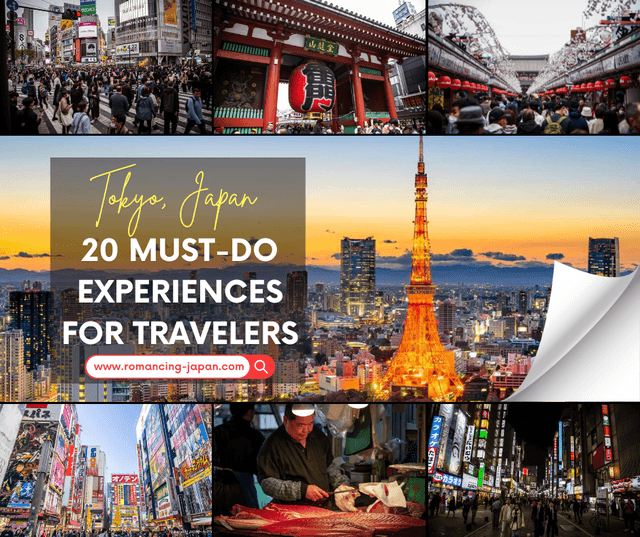
Tokyo Favorites: 20 Must-Do Experiences for Travelers
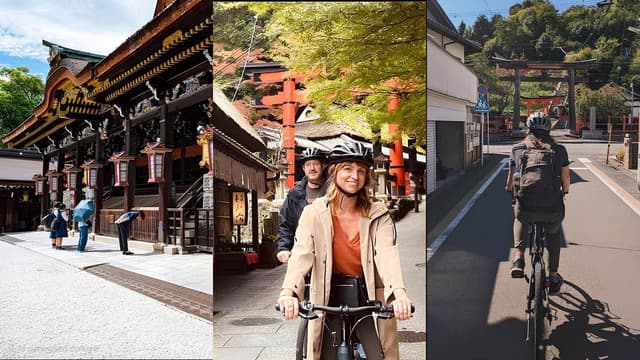
Kyoto Bike Tours: Discover the City’s Hidden Gems with Noru
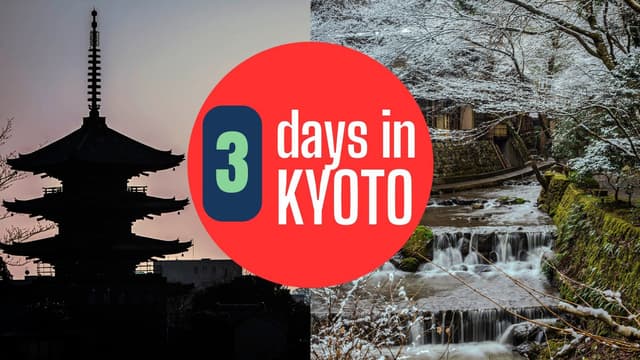
Kyoto 3-Day Itinerary: Best Things to Do for First-Time Visitors

Universal Studios Japan Tickets: Your Guide to Visiting USJ
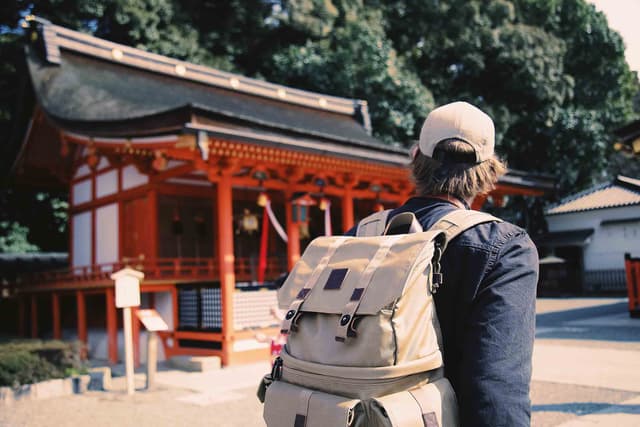
Find Out What Japan Really Thinks of Foreign Tourists

Manga Explained: Top Recommendations for Beginners
FAQs
No FAQs available for this post.
Loading Comments...

James Saunders-Wyndham
I've been immersed in Japanese culture and daily life for over 30 years and am proud to call Japan my home. Originally from Australia, my journey has taken me from teaching at Japanese universities to traveling extensively across the country, uncovering its hidden gems. As a web developer, I built Romancing Japan from the ground up to share these experiences with you. Whether it's the charm of old Kyoto, the pulse of Tokyo, or the tranquility of the countryside, I love helping others discover the magic of Japan—one story at a time.
Popular Articles
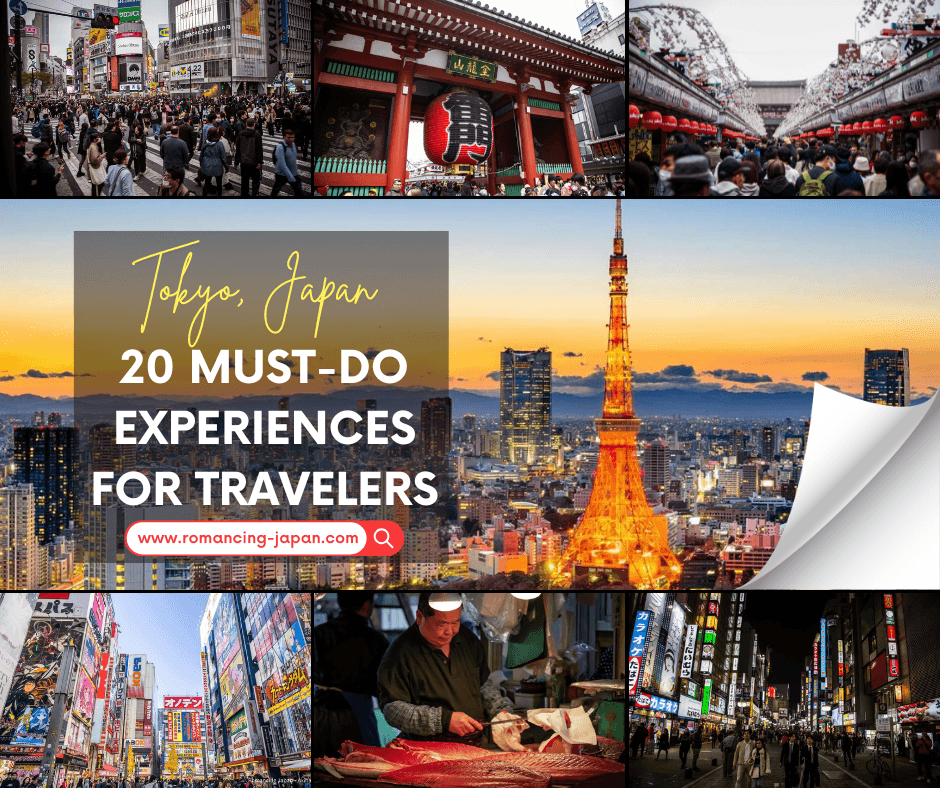
Tokyo Favorites: 20 Must-Do Experiences for Travelers
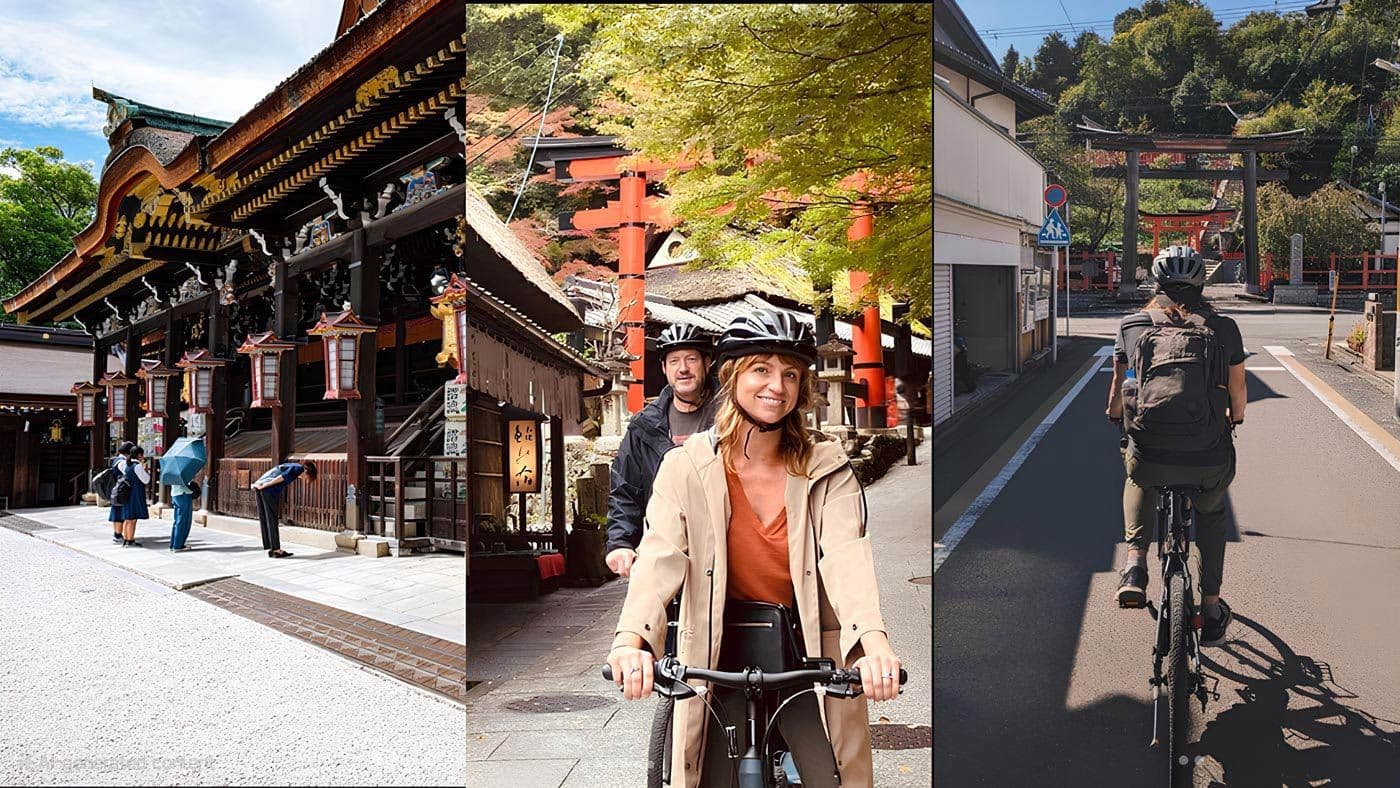
Kyoto Bike Tours: Discover the City’s Hidden Gems with Noru
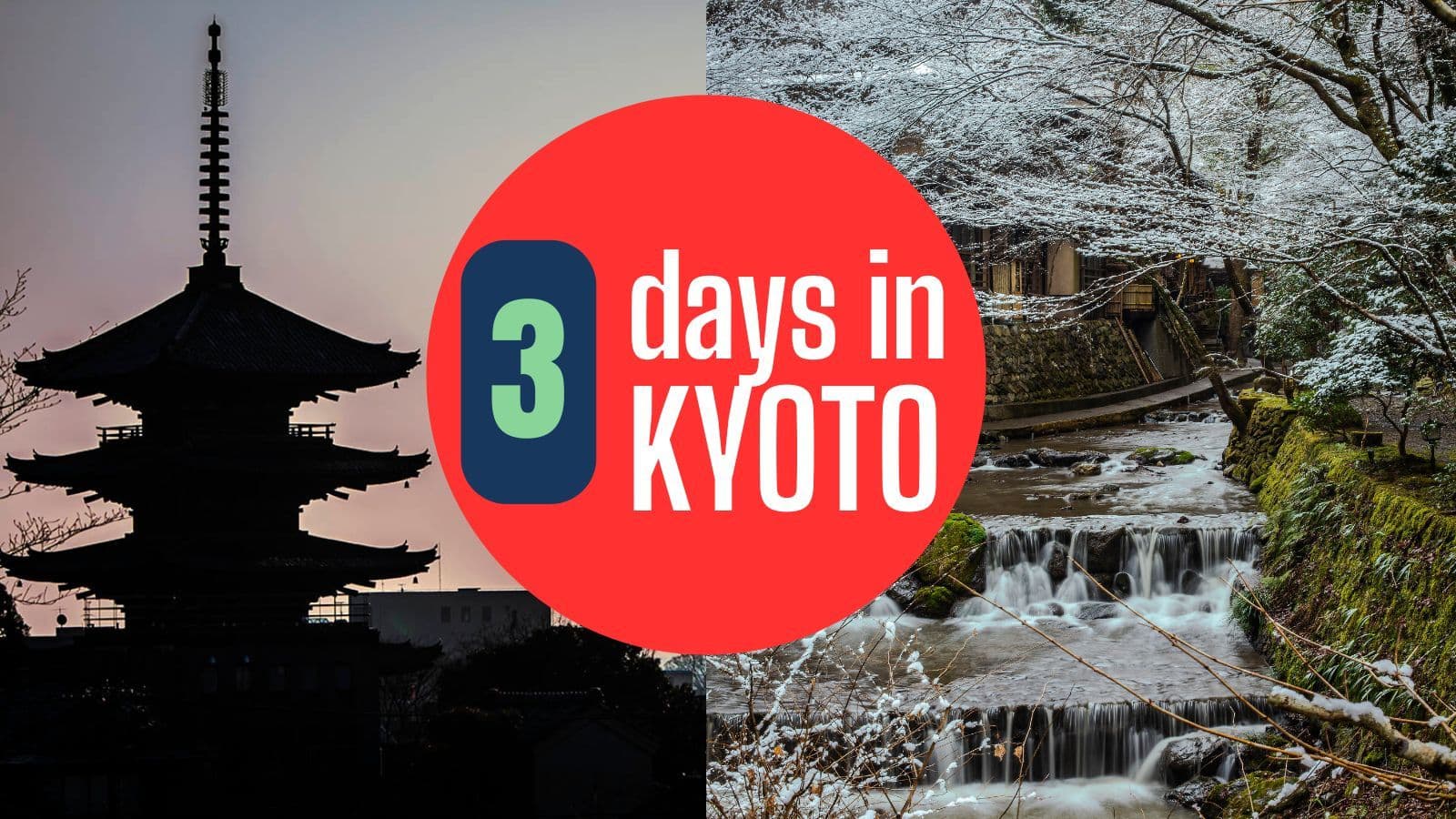
Kyoto 3-Day Itinerary: Best Things to Do for First-Time Visitors

Universal Studios Japan Tickets: Your Guide to Visiting USJ
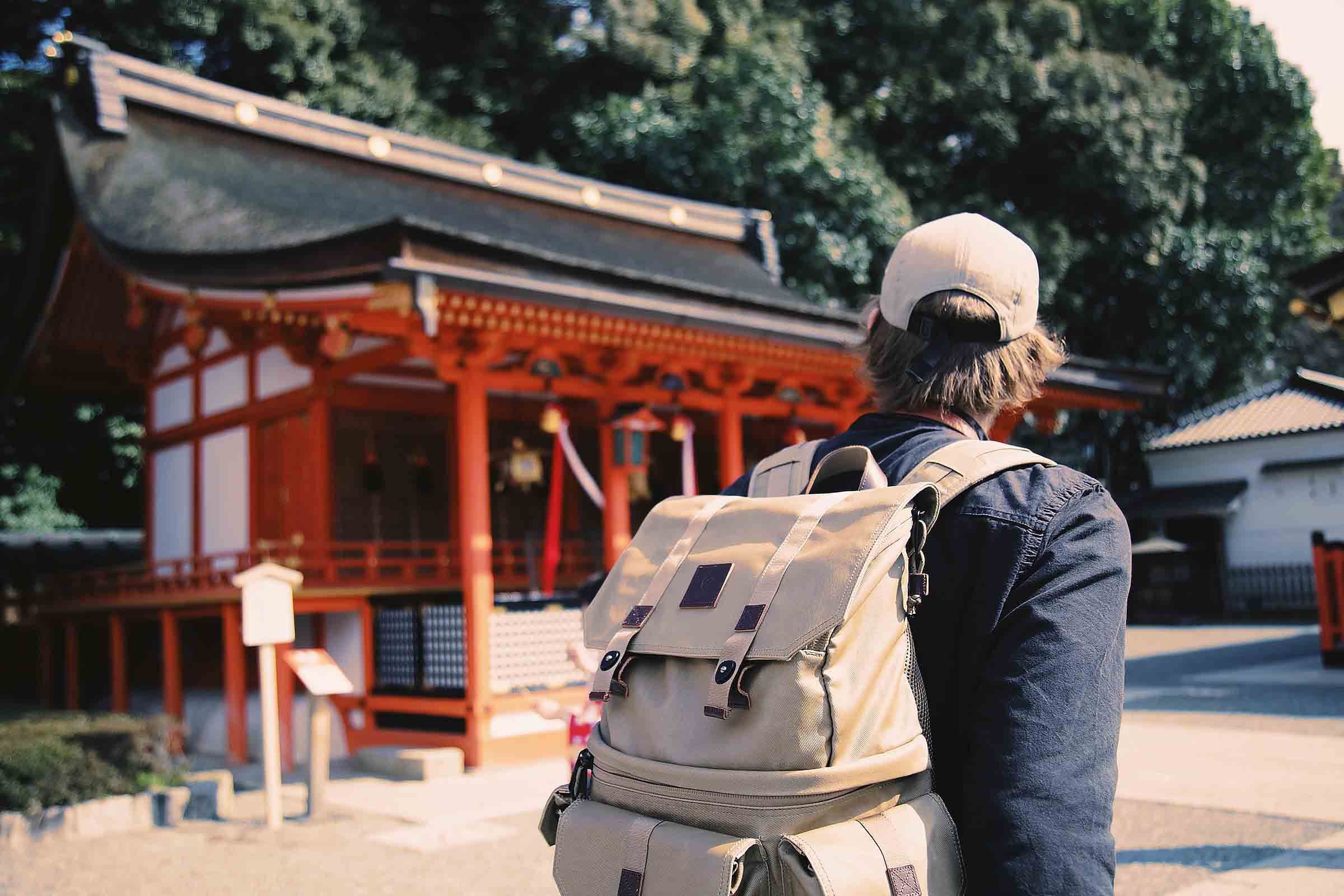
Find Out What Japan Really Thinks of Foreign Tourists
